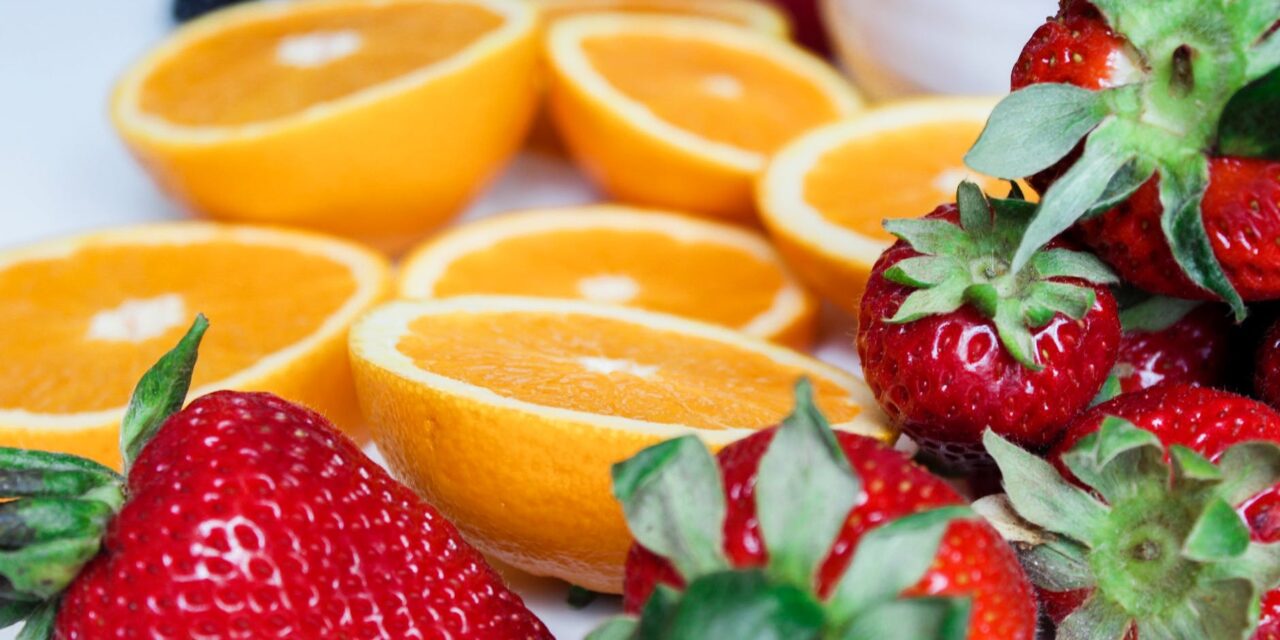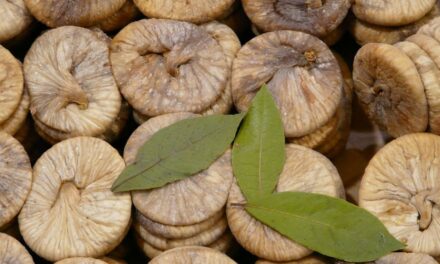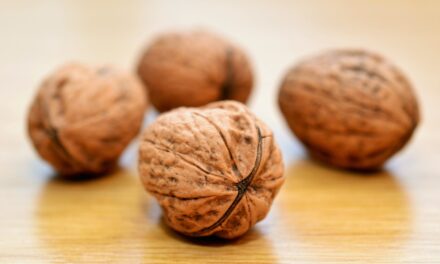The Holy Quran is not only a source of spiritual guidance but also a treasure trove of knowledge and wisdom. It not only teaches us the way of life but also provides insights into the diverse fruits that the world has to offer. These fruits are not only mentioned in the Quran but are also celebrated for their numerous health benefits. Let’s explore some of the fruits mentioned in the Quran and discover the blessings they bring to our health and well-being.
1. Olives – A Gift of Health and Nourishment
Olives are prominently featured in the Quran, and they are indeed a remarkable fruit. Rich in monounsaturated fat, known as oleic acid, olives have been associated with preventing heart disease. But the benefits don’t stop there. Olives are packed with antioxidants that protect our cells from diseases like cancer. Moreover, they help reduce inflammation throughout the body, offering relief from joint and muscle pain. With ample vitamin E, olives also play a role in preserving the health and appearance of our skin. Additionally, their iron and copper content makes them a valuable resource for preventing anemia.
Read: Is weed haram?
2. Grapes – Nature’s Nutrient-Rich Bounty
Grapes, cultivated for thousands of years, offer both taste and nutrition. In the Quran, grapes are described as a bountiful gift, and their benefits are indeed substantial. Grapes, especially light and white grape juice, boost iron levels in the body, combating fatigue. They elevate nitric oxide levels, preventing blood clots. Ripe grape juice is a natural remedy for migraines. Additionally, the iron and sugar in grapes support blood production and act as a natural medicine for liver, kidney, and digestive system diseases.
3. Pomegranates – A Symbol of Heavenly Blessings
The Quran references pomegranates as a symbol of Heaven and a divine gift to humankind. These red, jewel-like fruits offer various health benefits. Pomegranate peel, bark, and leaves are used to soothe stomach disorders and digestive issues. They contain high levels of antioxidants known to counteract cancer-causing radicals. Pomegranate juice, with its antibacterial and antiviral properties, fights dental plaque and safeguards against oral diseases.
4. Dates – The Desert’s Nutritional Powerhouse
Dates, often referred to as the “fruit of the desert,” hold a special place in the Quran and Islamic tradition. They are not only delicious but also highly nutritious. Dates provide an energy boost due to their natural sugars, such as glucose, sucrose, and fructose. They contribute to a healthy nervous system, reduce the risk of stroke and heart-related diseases, and improve eyesight while aiding in the treatment of anemia.
Read: How is Naskh Identified?
5. Banana – A Common Fruit with Uncommon Benefits
Though bananas are considered a common fruit today, the Quran hints at their heavenly nature. Bananas are rich in dietary fiber, promoting smooth bowel movements and preventing constipation. They assist in cell and muscle development, maintaining the body’s fluid balance. Cooked banana flowers are effective in reducing menstrual bleeding and alleviating menstrual disorders. Bananas contain polyphenolic antioxidant compounds that benefit kidney function and toxin elimination.
6. Fig – A Delicacy with Healing Properties
Figs, often enjoyed fresh or dried, offer numerous health benefits. Fig leaves reduce the insulin requirements of diabetic patients. The fiber in figs helps eliminate free radicals and cancer-causing substances, particularly in the colon, promoting bowel health. Fig leaf tea is prescribed for respiratory conditions like bronchitis and can alleviate asthma symptoms.
Read: How to encourage my child to memorize the Qur’an?
Incorporating these Quran-mentioned fruits into your diet not only connects you with the divine blessings they represent but also offers an array of health benefits. By recognizing the wisdom in the Quran’s teachings about these fruits, we can strive for both physical and spiritual well-being.







Recent Comments